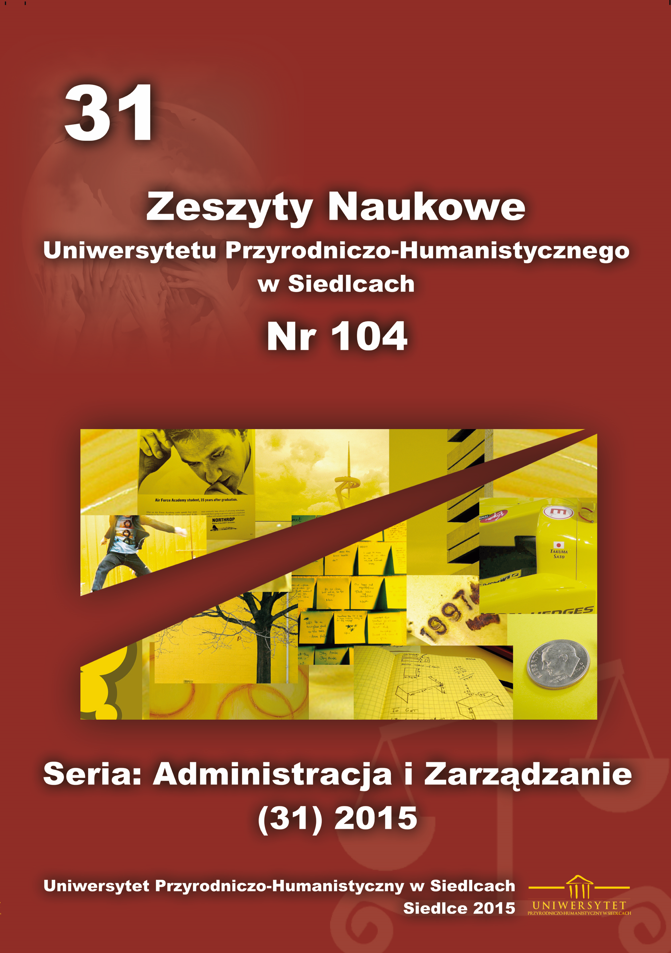Informal Networking as Effective Resource and Sociocultural Traditions of Homo Sovieticus
Keywords:
informality, social capital, social networks, traditional personality, post-communismAbstract
Among various reasons for transformation difficulties or modernisation failure in the former Soviet Union countries there is one that is usually considered the most prominent – corruption, as well as several other phenomena closely related to it, that is informal exchange of favours or patron-client relations. These larger phenomena developed in the specific and favourable sociocultural and historical context. Some elements of this context concern the concept of Homo Sovieticus with his attitudes towards informal social networking, reciprocity and group belonging. Informality and informal networking helped and still helps people to “get things done” in easier or mutually beneficial ways representing either facilitation or substitute of formal, institutional action. At the same time informal exchange of favours not only maintains but also reproduces and reinforces longstanding dependencies both among the power elites and middle class representatives making further reforms and modernisation virtually impossible. The paper describes sociocultural traditions that are connected to the Homo Sovieticus concept and explains mechanisms of informal networking as an effective resource and social capital of a person.
Downloads
Downloads
Published
Issue
Section
License

This work is licensed under a Creative Commons Attribution-NonCommercial-NoDerivatives 4.0 International License.





